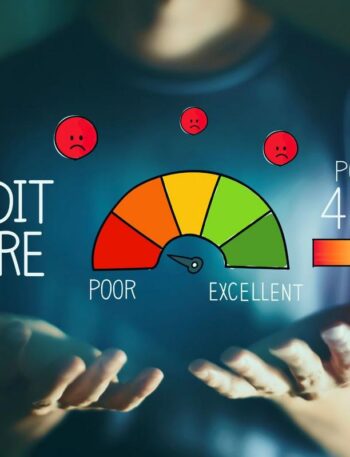The Consumer Financial Protection Bureau (CFPB) has finalized a rule banning medical bills from being considered on credit reports. This decision is expected to remove roughly $49 billion in medical debt from the credit reports of about 15 million Americans—at least for now.
Research conducted by CFPB has found that medical debts have little correlation with a borrower’s ability to repay other types of debt. Moreover, consumers frequently report receiving inaccurate bills or being asked to pay charges that should have been covered by insurance or financial assistance programs.
Credit agencies have been aware of this issue for years and have already cut back on the amount of medical debt included on credit reports. In 2022, Equifax, Experian, and TransUnion said they would remove certain types of medical debt from credit reports, including collections under $500. They also instituted a 365-day waiting period before unpaid medical debts affect a consumer’s credit record.
The newer credit scoring models, which weighed medical debt less heavily, resulted in an average 25-point increase in FICO scores. Between August 2022 and August 2023, the percentage of consumers with medical debt on their credit reports dropped from 11.6% to 5.0%, according to research from the Urban Institute.
The new rule, which follows a proposal issued last June, would eliminate medical debt from credit reports entirely. The CFPB expects individuals with medical debt to see an average increase of 20 points in their credit scores.
Will It Last?
The next question is whether this rule will survive the incoming administration. Elon Musk, who is heading up the Trump Administration’s Department of Government Efficiency, has proposed eliminating the CFPB altogether. In part due to this threat, the CFPB has introduced several actions in recent weeks, ensuring the new regulations are implemented before the transition.
Many of these regulations have gained Republican approval. For example, the decision to scrutinize digital payment apps like Apple Pay and Venmo in the same way as other lenders has garnered support from an advisor to Vice President-elect Vance. Incoming Secretary of State Marco Rubio co-sponsored a bill in 2022 seeking to impose curbs on data brokers, a version of which has also become a CFPB policy in recent weeks.
Polling has shown that majorities of both Republicans and Democrats support the new rules on medical debt. However, Republicans, who will control both chambers of Congress, have the power to overturn these last-minute rules through the Congressional Review Act.





